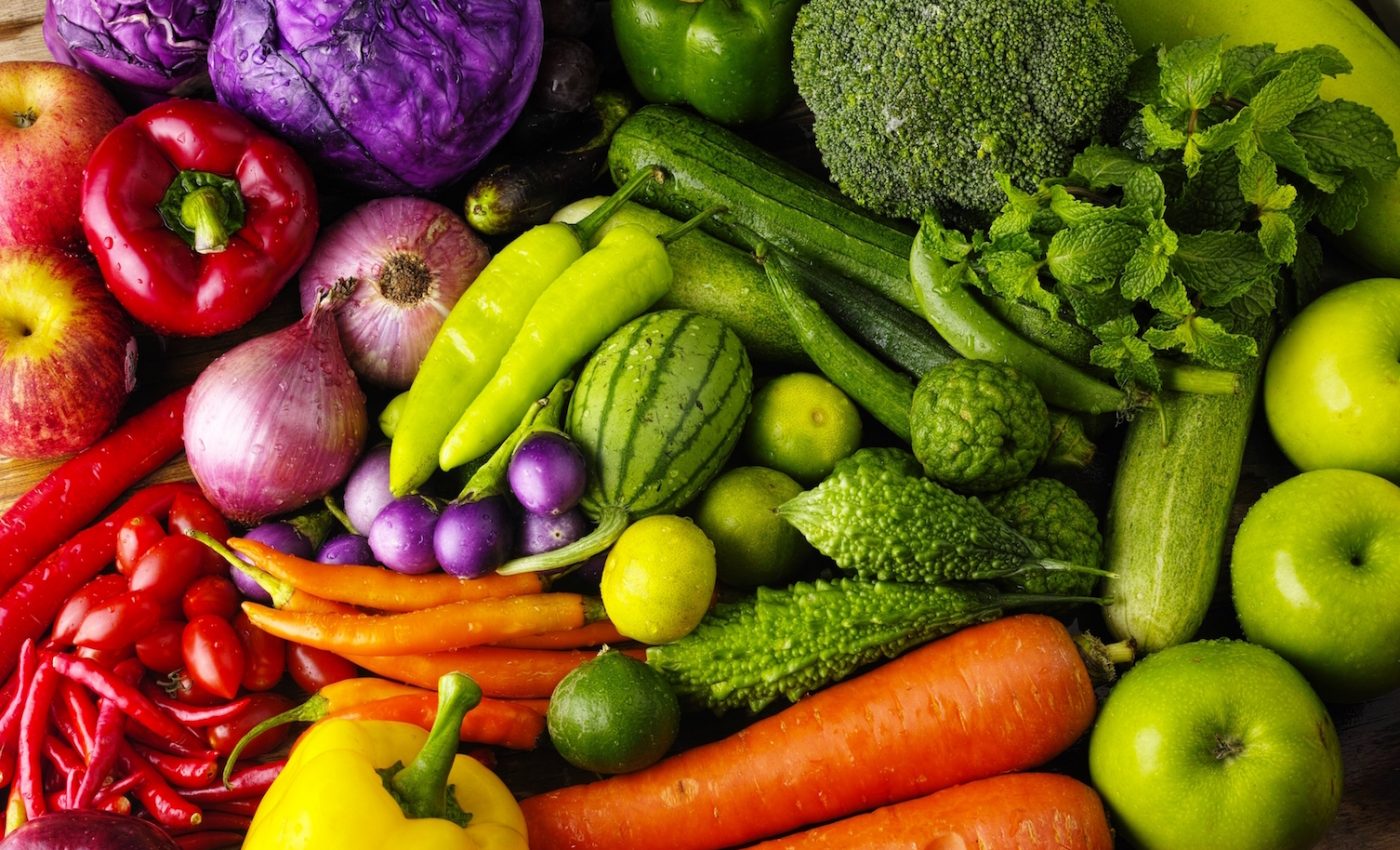
Organic food is actually much worse for the environment
An international study led by Chalmers University of Technology has revealed that the production of organic food is much harder on the environment compared to conventional farming methods. Larger areas of land are required for organic farming, and this demand contributes to deforestation.
The researchers set out to compare the climate impacts from land use associated with organic and conventional food production, and determined that organic food can result in much higher emissions.
“Our study shows that organic peas, farmed in Sweden, have around a 50 percent bigger climate impact than conventionally farmed peas,” said study co-author Professor Stefan Wirsenius. “For some foodstuffs, there is an even bigger difference – for example, with organic Swedish winter wheat the difference is closer to 70 percent.”
The yields of organic foods are much lower per hectare, primarily because fertilizers are not used. A much larger area of land is needed to produce the same amount of organic food that is produced by conventional methods.
“The greater land-use in organic farming leads indirectly to higher carbon dioxide emissions, thanks to deforestation,” explained Professor Wirsenius. “The world’s food production is governed by international trade, so how we farm in Sweden influences deforestation in the tropics. If we use more land for the same amount of food, we contribute indirectly to bigger deforestation elsewhere in the world.”
According to Professor Wirsenius, organic meat and dairy products also cause more harm to the environment than their conventional alternatives.
“Because organic meat and milk production uses organic feed-stock, it also requires more land than conventional production. This means that the findings on organic wheat and peas in principle also apply to meat and milk products. We have not done any specific calculations on meat and milk, however, and have no concrete examples of this in the article.”
The researchers used a new metric, which is called “Carbon Opportunity Cost,” to evaluate the effect of greater land-use contributing to higher carbon dioxide emissions. This method accounts for the amount of carbon that is stored in forests, which is released as carbon dioxide in the event of deforestation.
“The fact that more land use leads to greater climate impact has not often been taken into account in earlier comparisons between organic and conventional food,” said Professor Wirsenius.
“This is a big oversight, because, as our study shows, this effect can be many times bigger than the greenhouse gas effects, which are normally included. It is also serious because today in Sweden, we have politicians whose goal is to increase production of organic food. If that goal is implemented, the climate influence from Swedish food production will probably increase a lot.”
The study is published in the journal Nature.
—
By Chrissy Sexton, Earth.com Staff Writer













